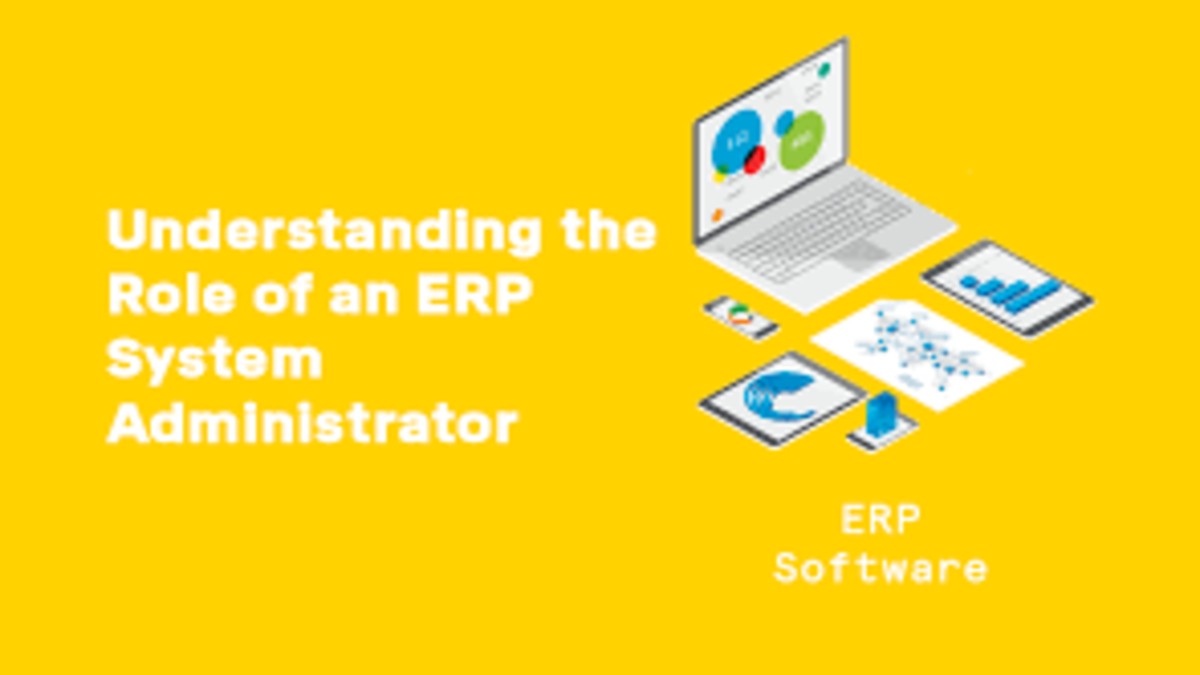Business
Decoding the Role of ERP System Administration: Industry Experts Weigh In

understanding the role of Enterprise Resource Planning (ERP) is more than just a technical nicety—it’s a business imperative. As organizations look to streamline and synergize, ERP software is a beacon of integrated business solutions. To shed light on the often-underestimated role of ERP System Administration, we sat down with two leading industry voices: Jeremy Kushner of BACS Consulting Group and Rob Giannini from GiaSpace.
ERP: Beyond Software to Strategic Management
“There’s a common misconception that ERP is just another piece of software,” begins Jeremy Kushner, an esteemed figure at BACS Consulting Group, headquartered in the tech-savvy San Francisco Bay Area and provides ERP administration across the US. “ERP is as much about strategic management as it is about software. Therefore, System Administration’s role becomes essential in providing holistic business process support, not just technical backup.”
The Ever-Evolving Role of System Administrators
System administration isn’t confined to just software maintenance. Drawing a parallel, Rob Giannini of GiaSpace (visit website) says, “Think of an ERP administrator as a car mechanic. They don’t just fix what’s broken; they’re constantly optimizing and enhancing performance.” From troubleshooting glitches and providing frontline support to spearheading system upgrades, the remit of an ERP administrator is broad and ever-changing.
The Crucial Skill Set: A Blend of Tech and Strategy
A successful ERP administrator needs a potent mix of technical know-how and strategic insight. “While understanding the system’s architecture is crucial,” Kushner points out, “an ERP administrator must also grasp the interconnectedness of the various modules and applications. They often act as the bridge between functional leaders and tech experts, ensuring seamless integration.”
Echoing this sentiment, Giannini adds, “The future of ERP lies in continuous optimization. Our administrators aren’t just maintaining—they’re constantly monitoring performance, feedback, and changing user needs to ensure the system is as agile as the business it supports.”
Guardians of System Integrity
The urge to modify foundational codes is ever-present in a world increasingly driven by data and algorithms. However, an ERP administrator’s role as a gatekeeper is pivotal. “System integrity is sacrosanct,” warns Giannini. “Innovation is encouraged, but changes must be meticulously vetted and managed.”
Kushner concurs, emphasizing the importance of protocol. “At BACS, we ensure our programmers adhere to a strict code of conduct. It’s not just about preserving the system, but also about ensuring the integrity of controls and data.”
In Conclusion
As digital transformation accelerates, ERP System Administration emerges as a linchpin in the enterprise machinery. It’s clear that with stalwarts like Jeremy Kushner and Rob Giannini leading the conversation, the future of ERP is in safe, capable hands.
For those navigating the complex maze of digital integration and seeking insights from industry frontrunners, stay tuned to this top ERP blog, your trusted source for all things ERP.
Harper Harrison is a reporter for The Hear UP. Harper got an internship at the NPR and worked as a reporter and producer. harper has also worked as a reporter for the Medium. Harper covers health and science for The Hear UP.










